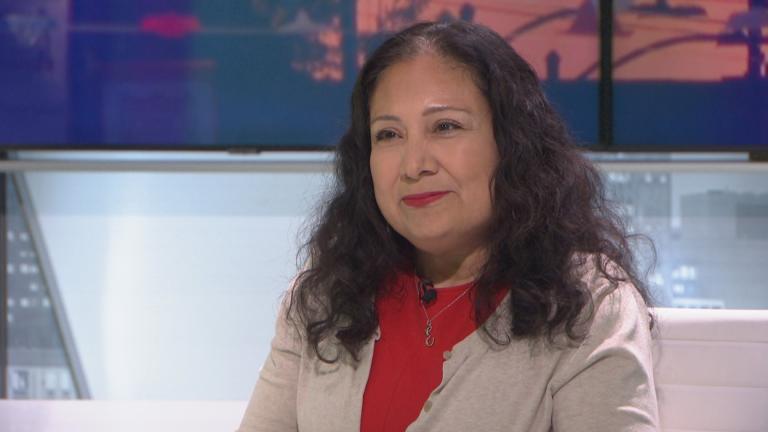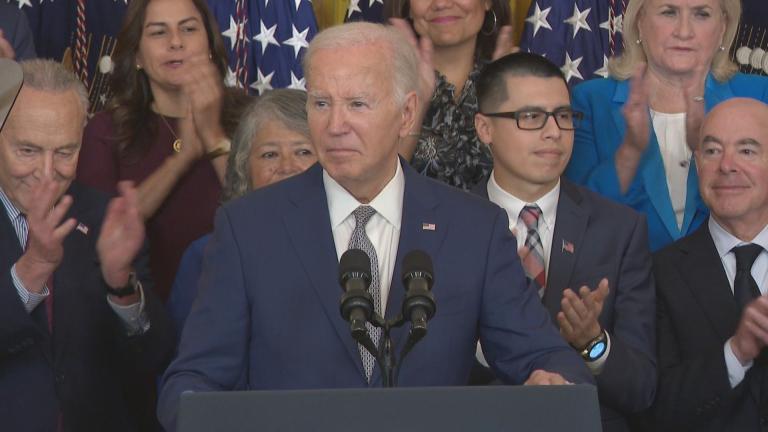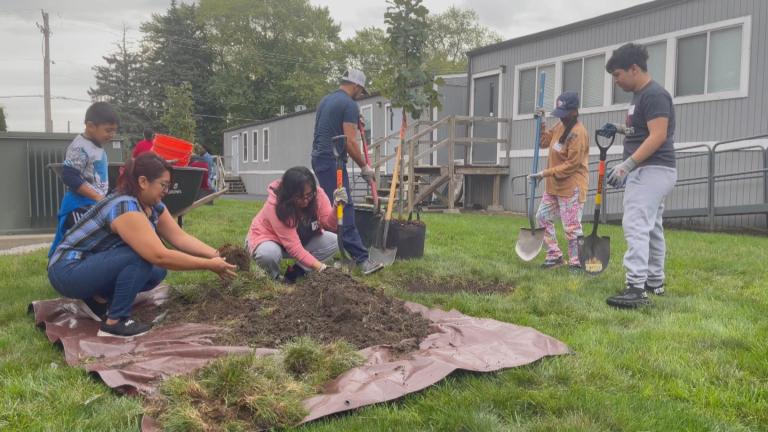For many, going to work means being inside a building where temperatures and conditions are regulated.
But for those who work in warehouses, kitchens or even the outdoors — their environment can drastically change and even be made worse by summer heat waves like the one we’re experiencing this week.
Advocates say a lack of regulation is leading to life-threatening conditions, but are working to educate workers about their rights.
Andrew Herrera, a representative from the Chicago Workers Collaborative, assists temporary workers in places such as factories and warehouses. He said when it comes to heat, understanding the dangers can be difficult.
“Heat is a uniquely dangerous thing because it is not an obvious threat, it’s a compounding threat,” he said. “So if you’re exposed to strenuous working conditions and high heat over, let’s say, a week, you are at much elevated risk for a heart attack, heat stroke, different things like that on the fifth day than you are on the first day.”
Miguel Alvelo Rivera, executive director of Latino Union of Chicago, has been working with the organization to educate day laborers on how they can protect themselves when they are in unsafe conditions. He said many are not aware of their rights.
“Some of them are taken by surprise,” he said, “Because a lot of them have been told that because they have come here, that they have no rights. So that’s always a first step.”
He added that they are working to create legislation that would hold employers accountable for endangering workers.
“While we understand that this is important work that we’re doing, we understand that it is important to also emphasize that this is not the sole responsibility of the worker,” Alvelo Rivera said. “Employers have a responsibility and that this is a larger structural issue that we need to address.”








